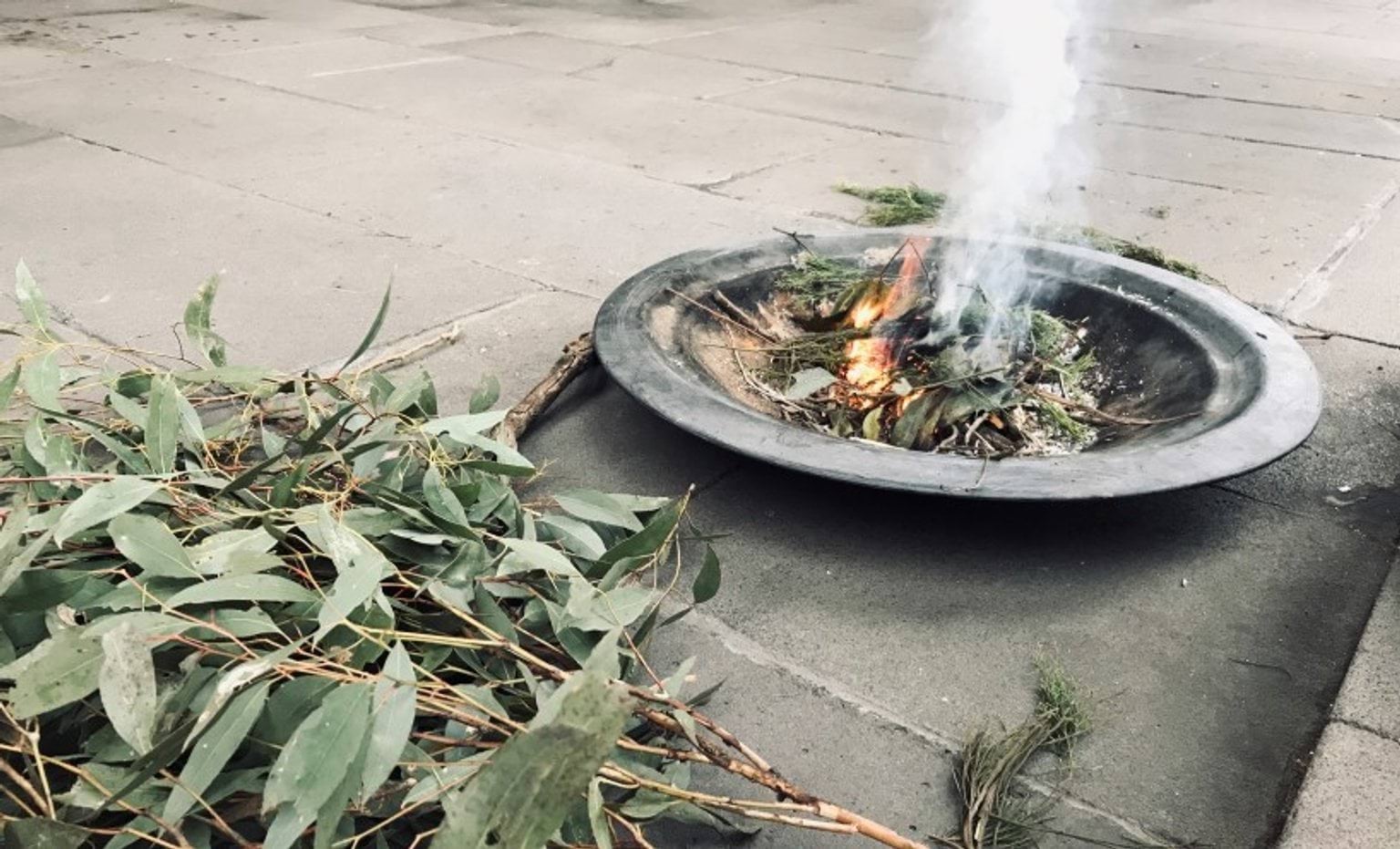- Published:
- Wednesday 4 November 2020 at 1:33 pm
- Published by:
- Department of Premier and Cabinet

Recent media attention on protests around the construction of the Western Highway duplication have frequently overlooked the role of the local Traditional Owner organisation that represents Djab wurrung and other local Traditional Owners. The Chair of the Victorian Aboriginal Heritage Council, Rodney Carter, today made the following comments on this issue.
"We must move past paternalism and allow Aboriginal People to speak for their Culture and their Country. To do this, we must respect the decision of the Custodians of the area between Ararat and Buangor, the Eastern Maar Aboriginal Corporation (EMAC).
Through a rigorous decision-making process, Council found that EMAC speaks for the Eastern Maar Peoples through an inclusive and representative structure and that they are the knowledge holders of their People’s cultural associations, connectivity and traditions on this Country.
As custodians of the oldest living Culture on earth, our People have an ancient lineal connection to Country, to Culture and to each other. As Traditional Owners we have both inherited and we create Cultural Heritage. We create artefacts and materials, live traditions and spirituality, and embed it all within the landscape.
That is our Culture. That is why all Country is sacred.
However, we must work together, talk together, discuss Culture together to find a collective way forward.
Continued engagement with non-representative groups undermines the capacity for self-determination of formally recognised and inclusive Traditional Owner organisations. The Council supports these recognised organisations to speak collectively for their community and Country.
Not recognising due process clouds the importance of the acknowledgement of recognised Traditional Owners and what they undertook to participate in these processes. The challenge for us all is to understand that the right thing has happened and that, through the process, the voice of First Peoples’ has been recognised.
The United Nations Declaration on the Rights of Indigenous Peoples establishes the appropriate respect for the oldest, connected and lived Cultures on earth. It acknowledges the distinct Cultures, links to Country and our mobs that are fundamental to the wellbeing of First Peoples around the world and asks that they be respected, celebrated and appreciated for their unique and powerful independence. The Declaration seeks respect for First Peoples, for their voices to be heard and that self-determination is fundamental to their lives both individually and as communities.
Self-determination in matters relating to their affairs and cultural knowledge can only be achieved through a community that has a collective understanding and who work together and make decisions together.
In Victoria, the effects of colonial intrusion are writ large on our People and our Culture. Our Culture is strong, and we must respect collective self-determination through group decision making by our People, through representative and inclusive organisations, to find a way through the imposed structures that currently govern the protection of our Cultural Heritage.
The Victorian Aboriginal Heritage Council, a Council of up to eleven Victorian Traditional Owners with generations of Cultural Heritage experience on Country and in boardrooms, are charged with making the difficult decisions of who speaks for Country. Through appointing Registered Aboriginal Parties, Traditional Owners are enacting self-determination in making statutory bodies with responsibilities to care for Country. Council are supported by government, through the Minister for Aboriginal Affairs, and enact some of the best Cultural Heritage legislation in the Country. In turn, Council supports the process, the Act and the representative organisations of Traditional Owners that do the difficult work of caring for Country."
Rodney Carter, Chairperson
Updated

